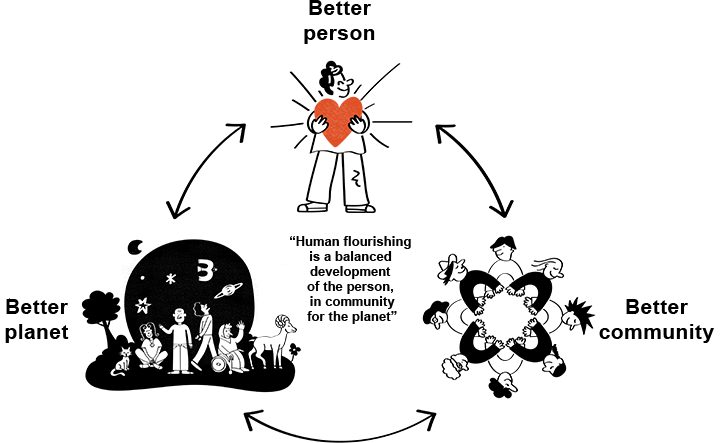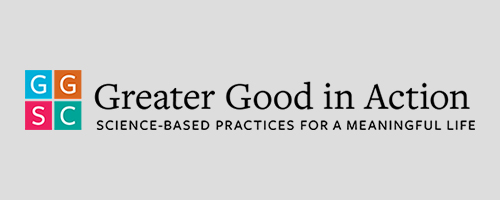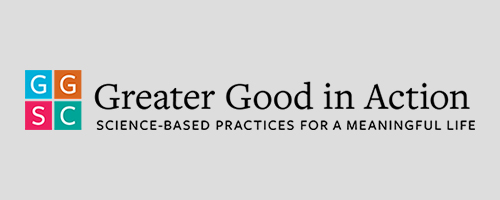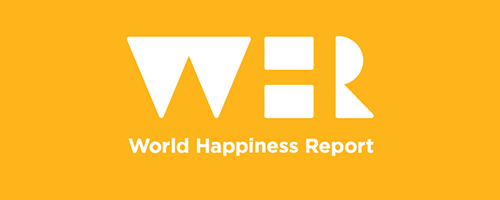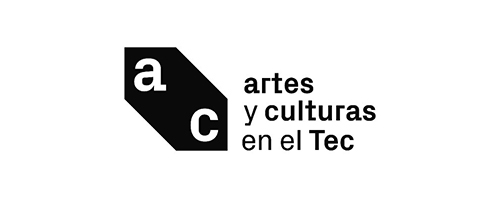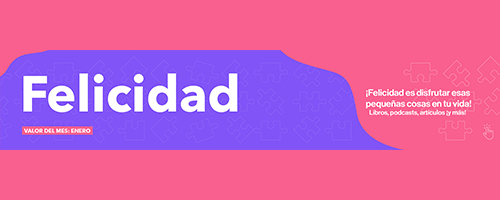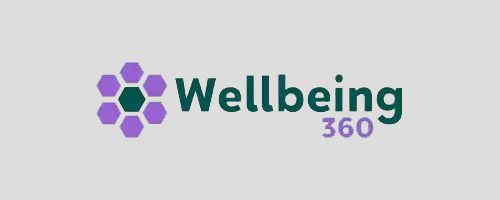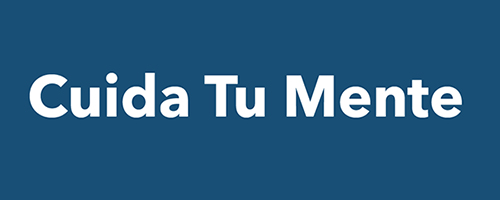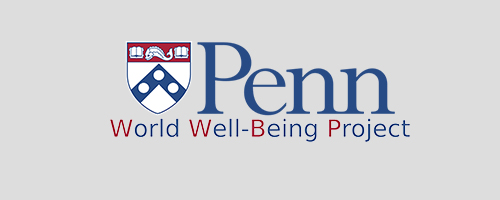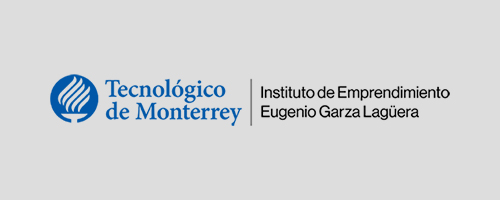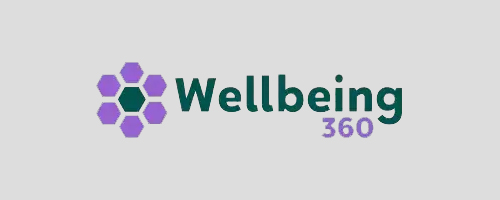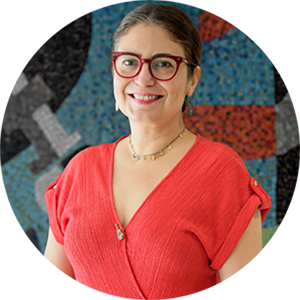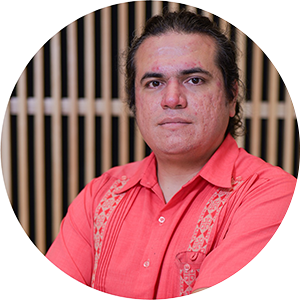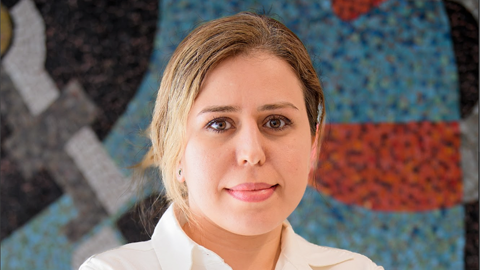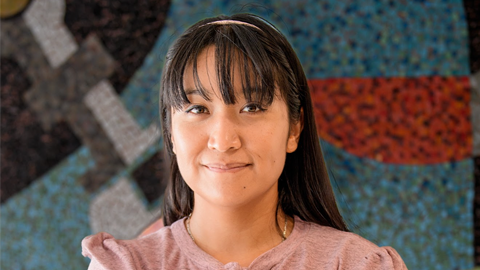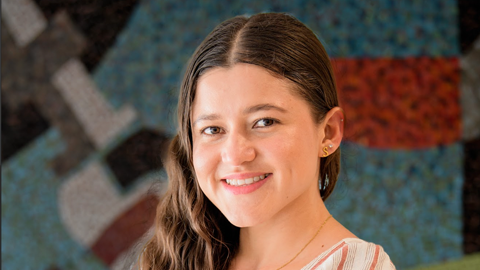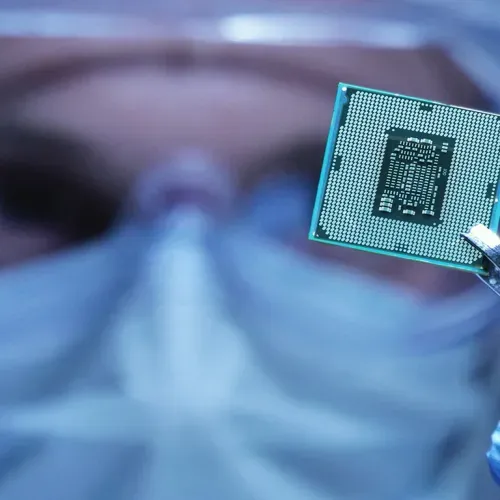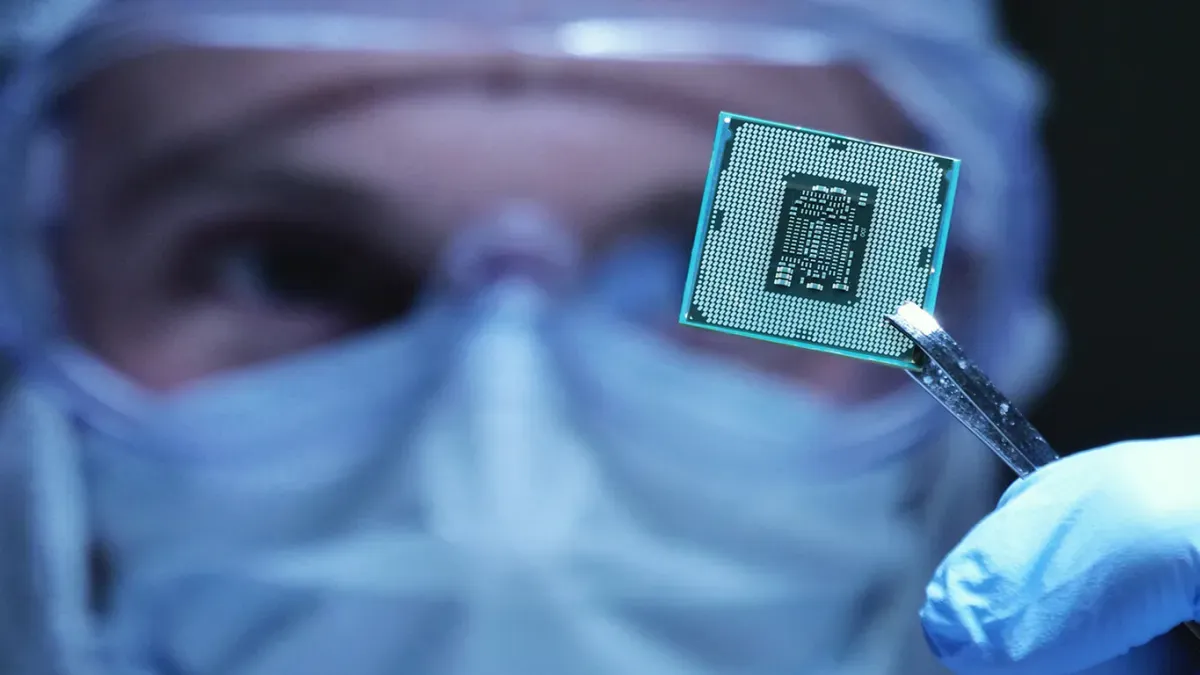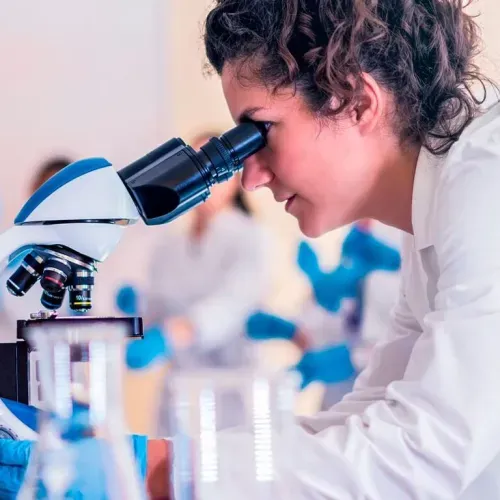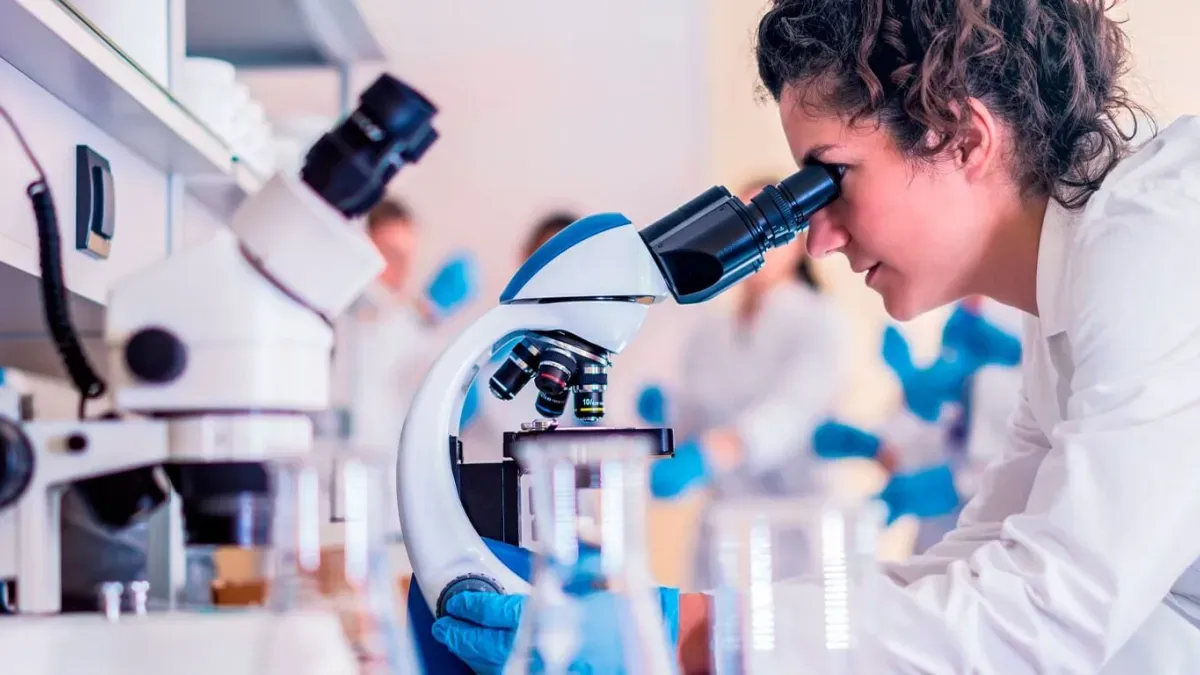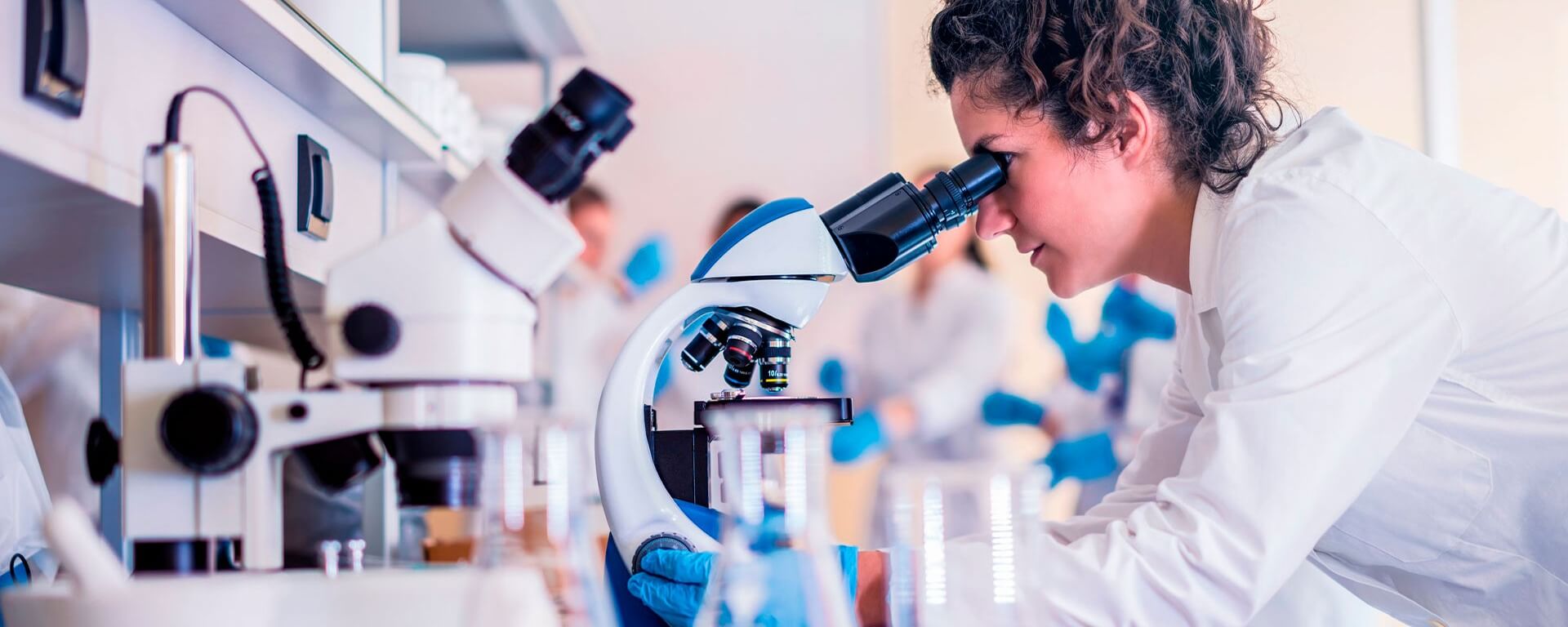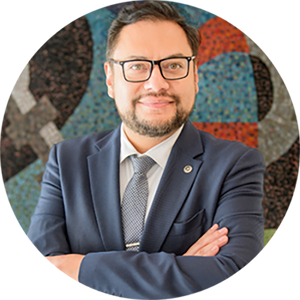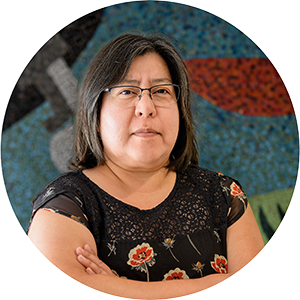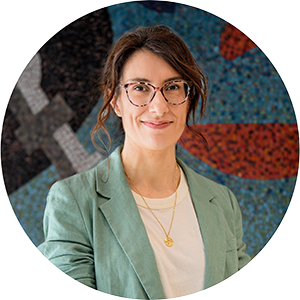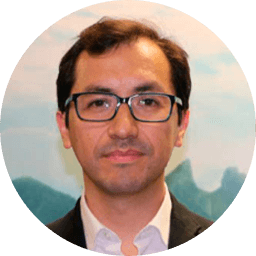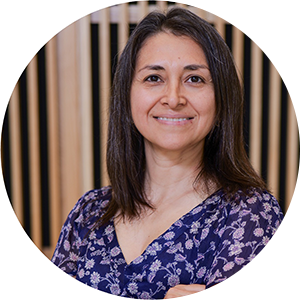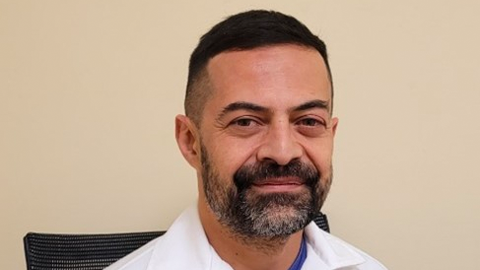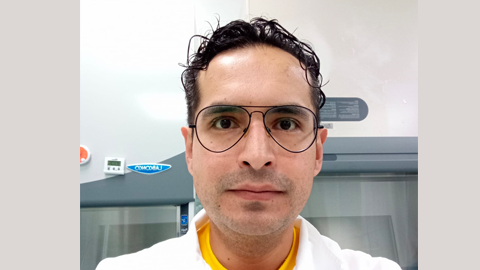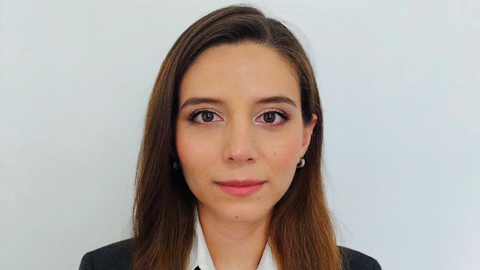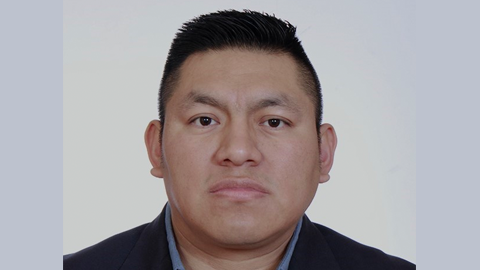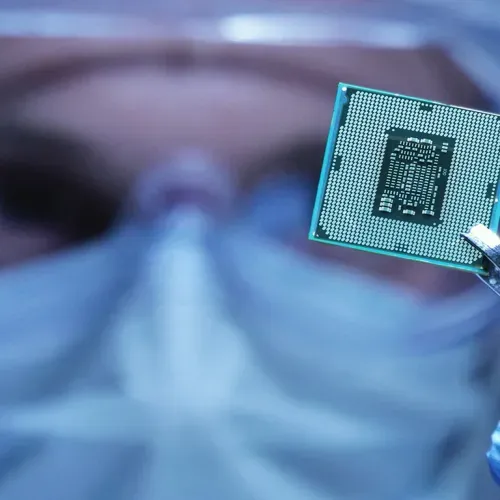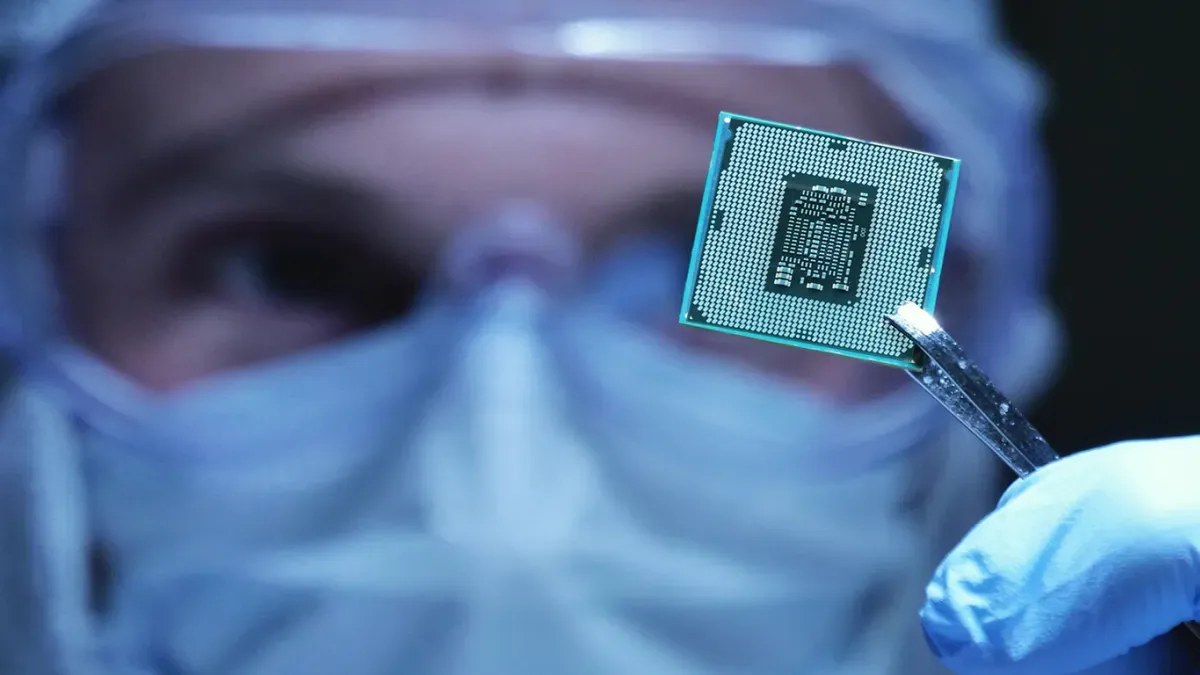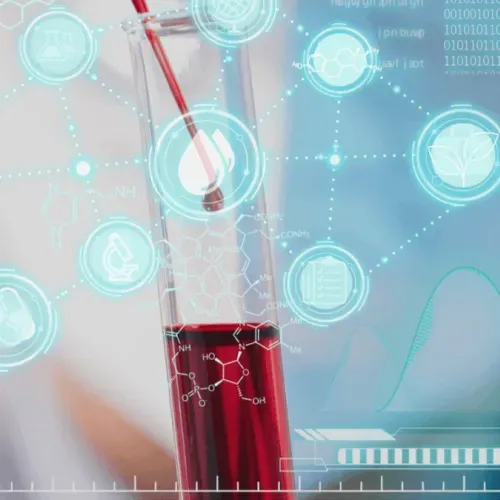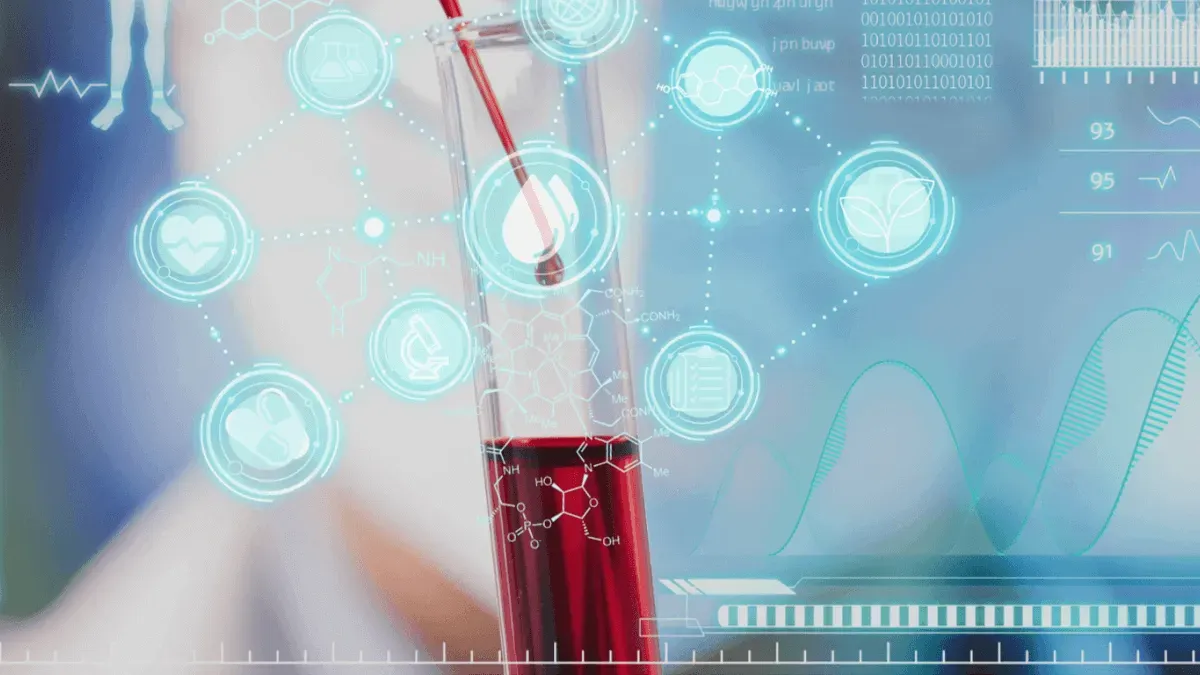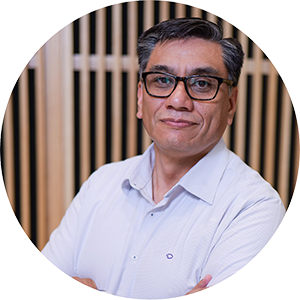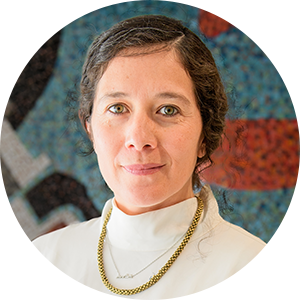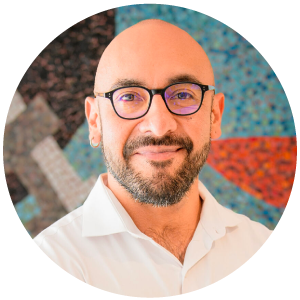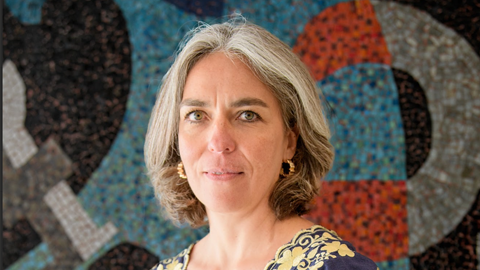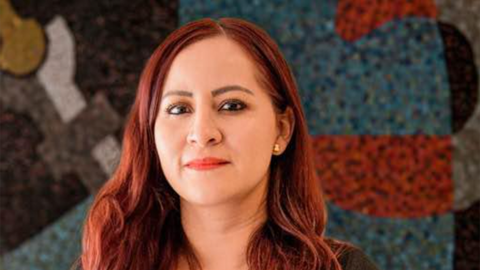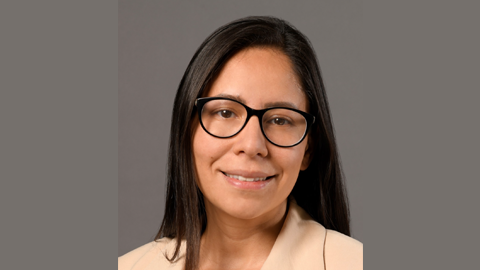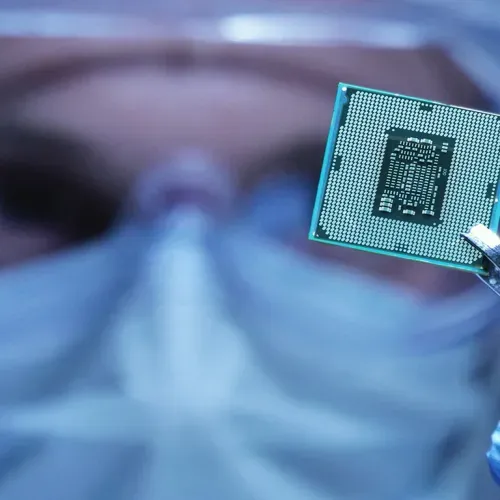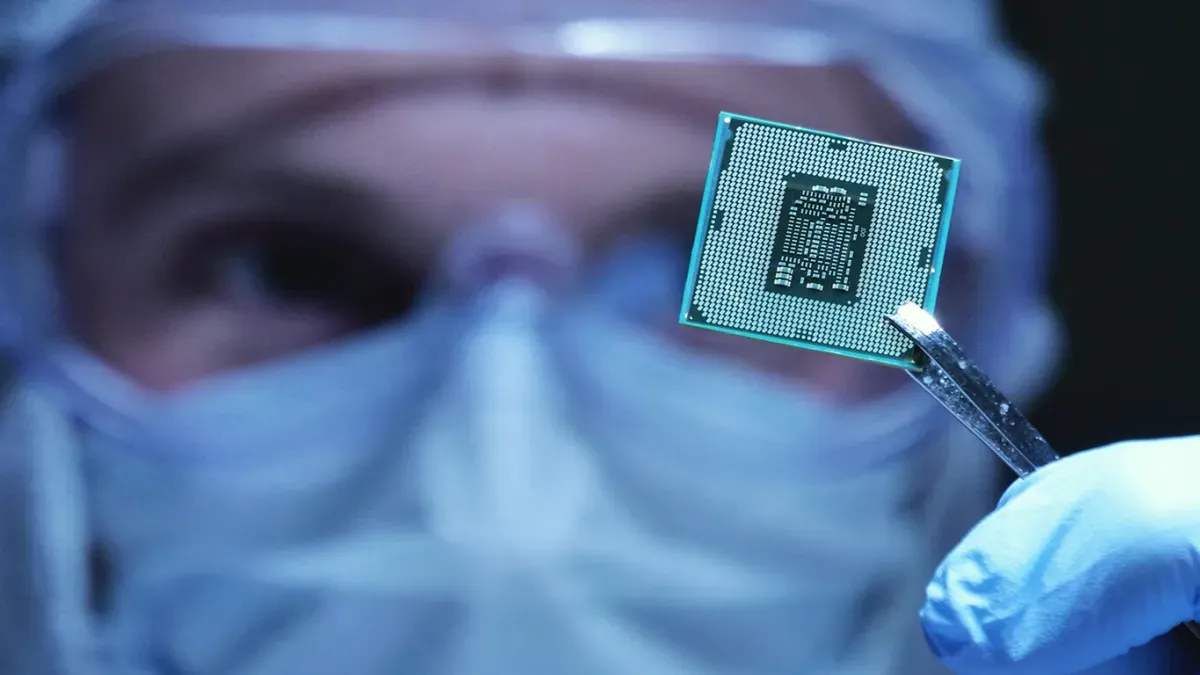Aviso de Privacidad de Convocatorias, Programas y/o Actividades de Investigación y Emprendimiento
Identidad y domicilio del Responsable
El Responsable de los datos personales que usted proporciona es el Instituto Tecnológico y de Estudios Superiores de Monterrey (en lo sucesivo “ITESM”) con domicilio ubicado en Av. Eugenio Garza Sada Sur No. 2501, colonia Tecnológico en Monterrey, Nuevo León. C.P. 64700.
Datos personales tratados por el ITESM
Para cumplir con las finalidades del tratamiento de datos personales de usuarios, señaladas en el presente Aviso de Privacidad, es necesario que el ITESM trate las siguientes categorías de datos personales:
- Datos de identificación
- Datos de contacto
- Datos demográficos
- Datos académicos
- Datos de autenticación
- Datos laborales
Asimismo, le informamos que, para cumplir con las finalidades primarias y necesarias señaladas en el presente Aviso, el ITESM no recabará ni tratará datos personales sensibles.
Finalidades primarias
ITESM tratará sus datos personales para las siguientes finalidades primarias y necesarias para cumplir con nuestras obligaciones derivadas de nuestra relación jurídica:
- Identificarlo como usuario para pre-registro, registro y acceso a la Convocatoria, programa o actividad en la que desee postularse
- Para habilitar y gestionar el acceso electrónico a la infraestructura tecnológica para llevar a cabo el registro de su postulación.
- Para dar respuesta a preguntas sobre la Convocatoria, programa o actividad en las que participe
- Para verificar que cumple con los requisitos de postulación a la Convocatoria, programa o actividad
- Para atender, registrar, dar seguimiento y en su caso habilitar su acceso a la(s) solicitud(es) de información o conjunto de datos con relación a su participación en la Convocatoria, programa o actividad de investigación.
- Para validar la veracidad y calidad de la información proporcionada por usted o aquella que pueda inferirse de usted u obtenerse de otras fuentes lícitas a las que el ITESM pueda tener acceso, incluyendo la verificación de sus datos ante instancias gubernamentales o terceros con los que tengamos celebrados acuerdos de colaboración.
- Realizar actividades de análisis mediante la aplicación de diversas técnicas estadísticas y algoritmos de Ciencia de Datos que permitirán conocer mejor su perfil, aptitudes e intereses.
- En caso de que su propuesta de investigación resulte seleccionada, para participar en la Convocatoria, programa o actividad relacionada
- Para invitarle y en su caso, gestionar su acceso y participación en la(s) actividad(es) y eventos relacionados al ITESM.
- En caso de aplicar, para inscribirle y participar en programas de vinculación con instituciones académicas, de investigación gubernamentales y/o privadas en México y en el extranjero.
- Para dar cumplimiento y seguimiento a las bases, requisitos y procedimientos para el registro, admisión y desarrollo de convocatorias.
- Para inscribirle a eventos y/o actividades afines a su perfil de investigador y/o emprendedor en las que participe representando al ITESM.
- Para atender, registrar y dar seguimiento a las quejas que en su caso realice.
- Para utilizar su imagen personal (ya sea en formato de fotografía, video, o cualquier otro medio similar) para hacer publicaciones internas y externas sobre su participación en eventos o actividades, así como para promocionar al ITESM.
- Enviarle comunicaciones, notificaciones y avisos personales a través de distintos canales y mecanismos tecnológicos de comunicación que el ITESM considere pertinentes a fin de darle a conocer información relevante sobre el estado de su proceso de registro o cualquier asunto que resulte de su interés; así como para conocer su opinión respecto a la atención recibida y los servicios que ofrecemos.
- Para realizar estadísticas y reportes para control interno.
- Para cumplir con las obligaciones previstas en la normatividad aplicable y con los términos y condiciones de cada convocatoria, programa o actividad
- Para dar cumplimiento y seguimiento a los términos y condiciones, lineamientos o reglamentación aplicable al servicio que recibe o actividad en la que participa.
- Para dar cumplimiento y seguimiento a los procedimientos y actividades institucionales previstos en guías, procedimientos, reglamentos, normas, códigos o políticas de carácter interno que resulten aplicables.
- Para llevar a cabo la evaluación de propuestas, proyectos o actividades de investigación por los comités de evaluación académicos
- Para llevar un registro histórico de su participación.
- Para buscar colaboraciones con investigadores del Tecnológico de Monterrey o con participantes de las Convocatorias.
- Para dar seguimiento a la publicación del manuscrito científico derivado de la Convocatoria, programa o actividad.
- Para incluir las referencias de sus publicaciones en nuestros Sitios Web o canales de comunicación institucionales.
- Para desarrollar material impreso o digital para difundir su testimonial.
Le informamos que usted no puede oponerse para que el ITESM cese el tratamiento de sus datos para las finalidades primarias y necesarias, anteriormente mencionadas, en virtud de que el tratamiento es necesario para cumplir con las obligaciones derivadas de la relación ente usted e ITESM.
Secundarias
Si Usted no se opone, el ITESM tratará sus datos personales para las siguientes finalidades adicionales:
- Para enviarle comunicaciones relacionadas a diversas convocatorias, programas y/o actividades de investigación y emprendimiento del ITESM y/o de sus aliados.
- Para enviarle información que consideramos podría ser de su interés y que pudiera estar relacionada con los productos y servicios que ofrecemos.
- Para enviarle invitaciones a eventos, actividades, programas y proyectos o futuras convocatorias
- Para enviarle publicidad y comunicaciones con fines de mercadotecnia o tele-marketing o compañas financieras.
En caso de que no desee que sus datos personales sean tratados para alguna o todas las finalidades adicionales, desde este momento usted nos puede comunicar lo anterior al correo datospersonales@itesm.mx, indicándonos en el cuerpo del correo su nombre completo, su relación con el instituto y que no desea que sus datos sean tratados para alguna o todas las finalidades secundarias.
La negativa para el uso de sus datos personales para fines adicionales no podrá ser un motivo para negarle los servicios solicitados o dar por terminada la relación establecida con nosotros.
Transferencias
Con base en lo establecido en el artículo 37 de la LFPDPPP, el ITESM podrá transferir sus datos personales sin requerir de su consentimiento en los siguientes supuestos:
- A sociedades controladoras, subsidiarias o afiliadas bajo el control común del responsable (ITESM), o a una sociedad matriz o cualquier sociedad del mismo grupo del responsable que opere bajo los mismos procesos y políticas internas.
- Autoridades competentes en los casos previstos por la normatividad aplicable, en el caso que recibiéramos un requerimiento de obligado cumplimiento.
- Cuando sea precisa para el mantenimiento o cumplimiento de la relación jurídica entre Usted y el ITESM, como lo es el caso de Personas físicas o morales, nacionales o internacionales con las que tengamos celebrados acuerdos jurídicos vinculantes.
Derechos ARCO y/o revocación del consentimiento
Usted o su representante legal podrá ejercer cualquiera de los derechos de acceso, rectificación, cancelación u oposición (en lo sucesivo “derechos arco”), así como revocar su consentimiento para el tratamiento de sus datos personales a través del correo electrónico y siguiendo el procedimiento, requisitos y plazos para el ejercicio de sus Derechos ARCO y/o revocación del consentimiento de nuestra página de internet: https://tec.mx/es/derechos-arco-yo-revocacion-del-consentimiento.
Limitación y/o Divulgación de sus datos
Usted podrá limitar el uso o divulgación de sus datos personales en los eventos o actividades que se lleven a cabo a través de herramientas y plataformas digitales, no activando la cámara, no utilizando su imagen personal en la cuenta con la que se conecte y/o no registrándose con su perfil (dependerá de la plataforma que se utilice para llevar a cabo el evento o actividad).
En las comunicaciones por correo electrónico, inscribiéndose en el listado de exclusión (unsubscribe list), cuando esté disponible en la propia comunicación.
Usted también podrá limitar el uso o divulgación de sus datos personales enviando su solicitud a el ITESM a través de un correo electrónico dirigido a la dirección datospersonales@itesm.mx.
Los requisitos para acreditar su identidad, así como el procedimiento para atender su solicitud se regirán por los mismos criterios señalados en nuestra página de Internet: https://tec.mx/es/derechos-arco-yo-revocacion-del-consentimiento. En caso de que resulte procedente, se le registrará en el listado de exclusión propio del ITESM.
Uso de Cookies
El ITESM utiliza varias tecnologías para mejorar la eficiencia del la Plataforma incluyendo su experiencia cuando navega por el sitio. Las cookies son pequeñas cantidades de información que se almacenan en el navegador utilizado por cada usuario para que el servidor recuerde cierta información que posteriormente pueda utilizar. Esta información permite identificarle y guardar sus preferencias personales para brindarle una mejor experiencia de navegación.
Le recordamos que usted puede desactivar, deshabilitar o ajustar el uso de cookies y otras tecnologías siguiendo los procedimientos del navegador de internet que utiliza.
- Seleccione la opción de “configuración” o herramientas de acuerdo con su explorador.
- Seleccione la opción desactivar cookies.
- Este proceso no solo deshabilitará las cookies de nuestra Plataforma, sino las de todo su explorador.
Los datos personales que se pueden obtener a través del uso de estas tecnologías son los siguientes: Identificadores, nombre de usuario y contraseñas de una sesión; región en la que se encuentra; tipo de navegador; tipo de sistema operativo; fecha y hora del inicio y final de una sesión; páginas web visitadas; búsquedas realizadas y publicidad revisada. Estas tecnologías podrán deshabilitarse siguiendo los procedimientos del navegador de internet que utiliza.
Departamento de Datos Personales del ITESM
Es importante hacer de su conocimiento que el ITESM cuenta con un Departamento de Datos Personales el cual, como parte de sus funciones, tiene la de resolver cualquier duda que usted pudiere tener relacionada con el uso de su información. Asimismo, el Departamento de Datos Personales dará seguimiento a cualquier queja o reclamación que usted pudiere tener relacionada con el tratamiento de su información personal.
Usted puede contactar al Departamento de Datos Personales del ITESM enviando un correo electrónico a la siguiente dirección electrónica: datospersonales@itesm.mx.
Cambios al Aviso de Privacidad
El ITESM se reserva el derecho, bajo su exclusiva discreción, de cambiar, modificar, agregar o eliminar partes del presente Aviso de Privacidad en cualquier momento. Derivado de novedades legislativas, políticas internas o nuevos requerimientos para la prestación u ofrecimiento de nuestros servicios, el presente Aviso de Privacidad estará sujeto a modificaciones o actualizaciones. En tal caso, el ITESM publicará dichas modificaciones en el sitio: https://tec.mx/es/aviso-privacidad-convocatorias-programas-actividades-investigacion-emprendimiento e indicará la fecha de última versión del aviso. Le recomendamos revisar periódicamente esta página con la finalidad de informarse si ocurre algún cambio al presente.
Última actualización: febrero 2025


